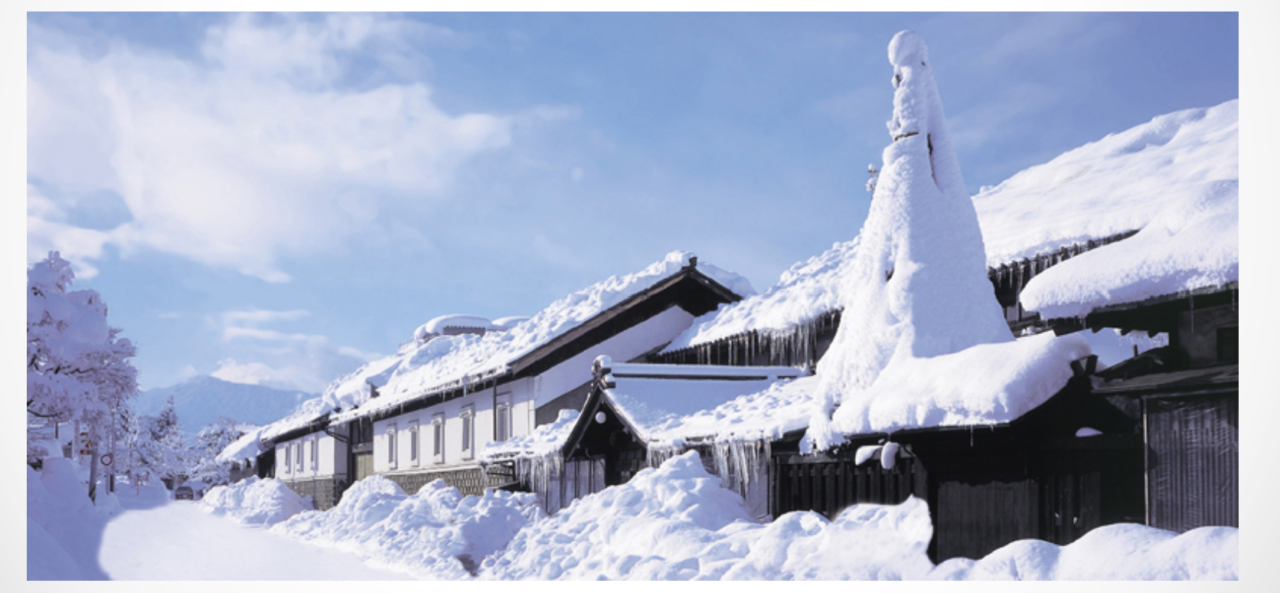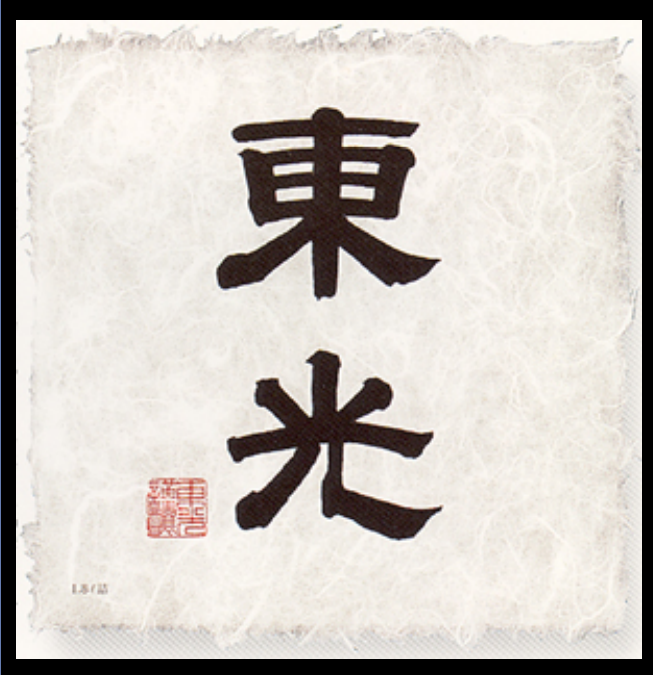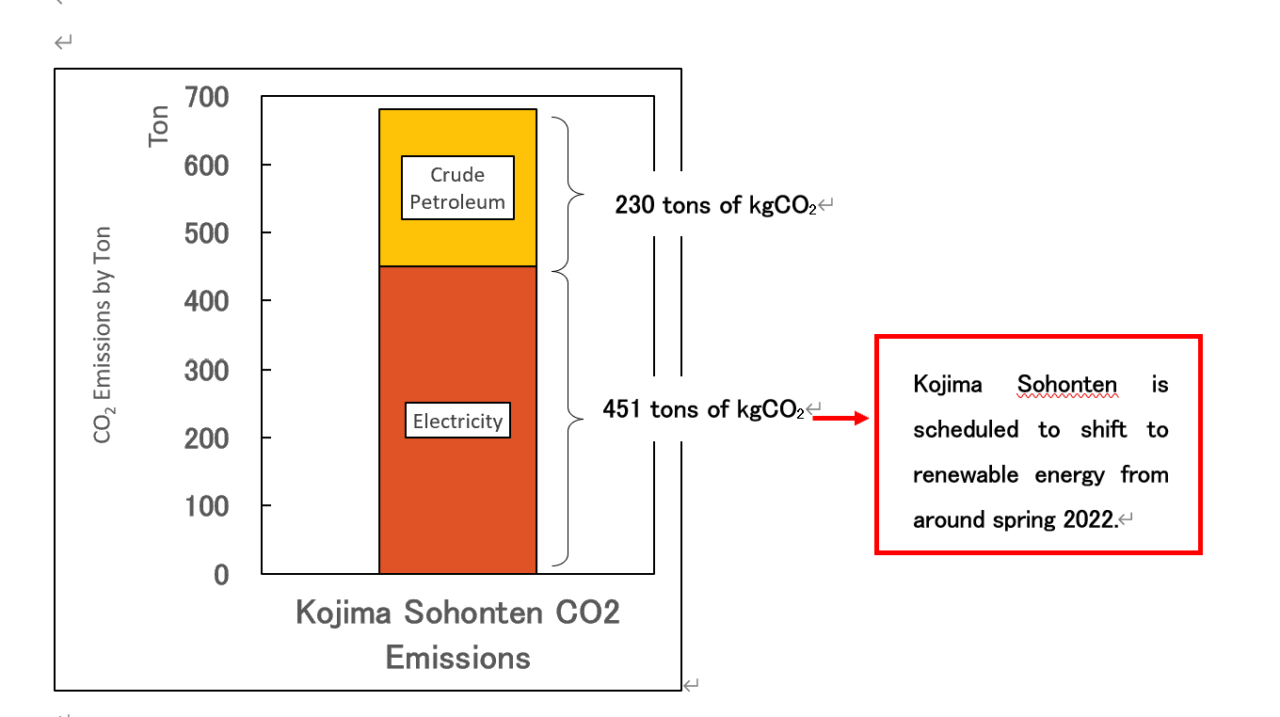Sake is an industry with a history of over 2,000 years, with the oldest brewery dating back to 1141. The number of companies in the sake industry that are sincerely committed to sustainable activities is increasing. When we conducted a survey of sake users in Japan in October this year, we found that sake users commented that sake is a traditional industry, so it is not doing anything bad for the environment, and at the level of general consumers, the industry is understood to be sustainable.
In reality, however, the sake industry also uses a large amount of crude petroleum for the rice steaming process, and electricity is consumed for storage in refrigerators. As a result, sake breweries emit as much CO2 like any other industry. In addition, the effects of global warming are damaging the rice they use by so-called, “high-temperature disorders”. The sake industry, like other industries, needs to change to become more sustainable. Both in terms of their emissions that cause global warming and in terms of being affected by global warming.
At present, many sake breweries have achieved zero waste by using rice bran from rice polishing as fertilizer or by developing products using sake lees as a by-product. Moreover, the number of sake breweries that are actively thinking of how to reduce CO2 emissions from the production process or how to convert the energy used into renewable energy as an urgent issue is gradually increasing.
In this article, We would like to introduce a sake brewery making sake Toko in Yamagata that is converting 100% of the electricity used in its production process to renewable energy.
Kojima Sohonten, the 11th oldest sake brewery established in 1597, announced that “from the spring of 2022, the brewery and its directly managed store, the Toko Sake Museum, will shift all electricity for production activities to renewable energy produced in the Okitama region of Yamagata Prefecture.


“Kojima Sohonten, which produces about 500,000 bottles (720ml equivalent) of Junmai sake annually, uses 704,213kWh of electricity per year and about 85 kiloliters of crude petroleum per year for boilers, etc. Together, the amount of CO2 emissions per employee is about 12 times that of an average household. Therefore, shifting to sustainable sake brewing with lower CO2 emissions while maintaining quality has been a major challenge,” said Kenichiro Kojima, president of the company.

According to the company, global warming is beginning to affect rice cultivation and sake brewing, and in recent years there has been an increase in the number of years in which rising summer temperatures have resulted in “high-temperature disorders” that cause rice to become hard. The optimal growing areas for each variety of rice are gradually moving north, and this is beginning to affect both agriculture and sake brewing.
The Okitama region in Yamagata Prefecture produces more renewable energy than the total power consumption of the region, and according to calculations, renewable energy alone could support all local consumption right now. However, until now, the renewable energy produced in the region has only been sold to electricity retailers in a wide area, and consumers such as businesses and households in the region have not been able to choose to consume it.
In order to solve this problem, Okitama Shin Denryoku Corporation, which was established in August 2021 with investment from local companies including Kojima Sohonten, is currently in the process of applying for registration as a retail electricity provider. After the approval of the new company, local companies and households will be able to choose renewable energy from the Okiyama region from 2022, and Kojima Sohonten will be able to “locally produce and locally consume energy.
Mr. Kojima said, “There are many well-established companies in the sake industry that have been around for a hundred years, but in order for them to continue for the next hundred years, they need to evolve into sustainable sake brewers. There are still very few breweries that use local renewable energy to brew sake, so Kojima Sohonten aims to be a model case for using local resources from an energy perspective.”
The sake industry, like other alcohol categories, is in dire need of sustainable management. However, since about 90% of sake is still consumed domestically, it is necessary to cultivate a segment of domestic consumers who will sympathize with and support such a corporate stance. According to our survey, unfortunately, there are still many consumers who think that sustainable management is just a fad. It is necessary for sake breweries to continue to communicate to consumers the necessity and specifics of their efforts to combat global warming, and for consumers to choose products from such breweries.

